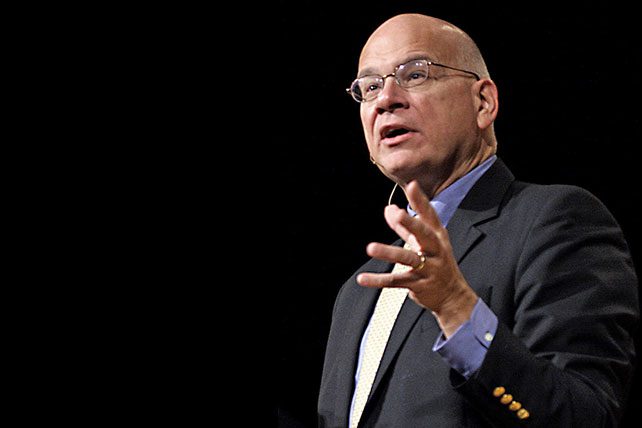Who is Timothy Keller? In the realm of modern Christian theology and pastoral leadership, Timothy Keller stands out as a significant figure whose influence has spanned continents and generations.
This blog post delves into the life, legacy, and theological contributions of Tim Keller, addressing key questions about his beliefs, works, and the denomination he helped shape. Understanding Keller’s background, his approach to the Gospel, and his denominational affiliations provides insight into his impact on contemporary Christianity and his continuing relevance today.
Tim Keller’s Biographical and Educational Details
Timothy J. Keller was born in July 1950 in Pittsburgh, Pennsylvania, marking the beginning of a journey that would lead him to become one of the most influential Christian leaders of his time. Keller’s academic journey began with a Bachelor of Arts degree in Mechanical Engineering from Cornell University in 1972, demonstrating his diverse interests and intellectual capabilities.
However, his path took a significant turn towards theology when he earned his Master of Divinity from Westminster Theological Seminary in 1976, followed by a PhD in Church History from Princeton Theological Seminary.
His educational background laid a robust foundation for his future ministry, combining rigorous academic scholarship with a practical understanding of contemporary cultural and ethical issues. This blend of knowledge and real-world application would come to characterize Keller’s approach to ministry and theology.
Keller’s Date and Cause of Death
On May 19, 2023, the Christian community mourned the loss of Timothy Keller, who passed away at the age of 72. After a valiant three-year battle with pancreatic cancer, Keller’s life came to an end, leaving behind a legacy that continues to influence countless individuals. He was survived by his wife, Kathy, and their four children. Keller’s death marked the end of an era but also the continuation of his teachings and influence through his writings and the institutions he founded.
Keller’s Professional Legacy and Contributions
Timothy Keller was best known for founding the Redeemer Presbyterian Church in New York City, a ministry that grew to have a profound impact not only in the city but globally. His vision for an urban, culturally engaged church led to the formation of Redeemer City to City, an initiative aimed at planting churches in urban centers worldwide.
This reflected Keller’s belief in the importance of the Gospel’s relevance to city life and the need for churches to address urban challenges directly.
Keller’s contributions to Christian literature and thought are immense, having authored several influential books that tackle the complexities of faith in the modern world. His works such as “The Reason for God” and “The Prodigal God” have been lauded for their insightful analysis and accessibility to readers from all walks of life, believers and skeptics alike.
His podcast and publication, Preaching and Life, further exhibit Keller’s dedication to improving pastoral leadership and preaching, offering resources and guidance to ministers and Christian leaders aiming to enhance their skills and impact.
Key Questions Explored in Keller’s Work
What is Tim Keller famous for? Keller gained widespread recognition for his approachable yet profound handling of Christian theology, his innovative church-planting initiatives, and his ability to engage with contemporary cultural issues from a Christian perspective.

